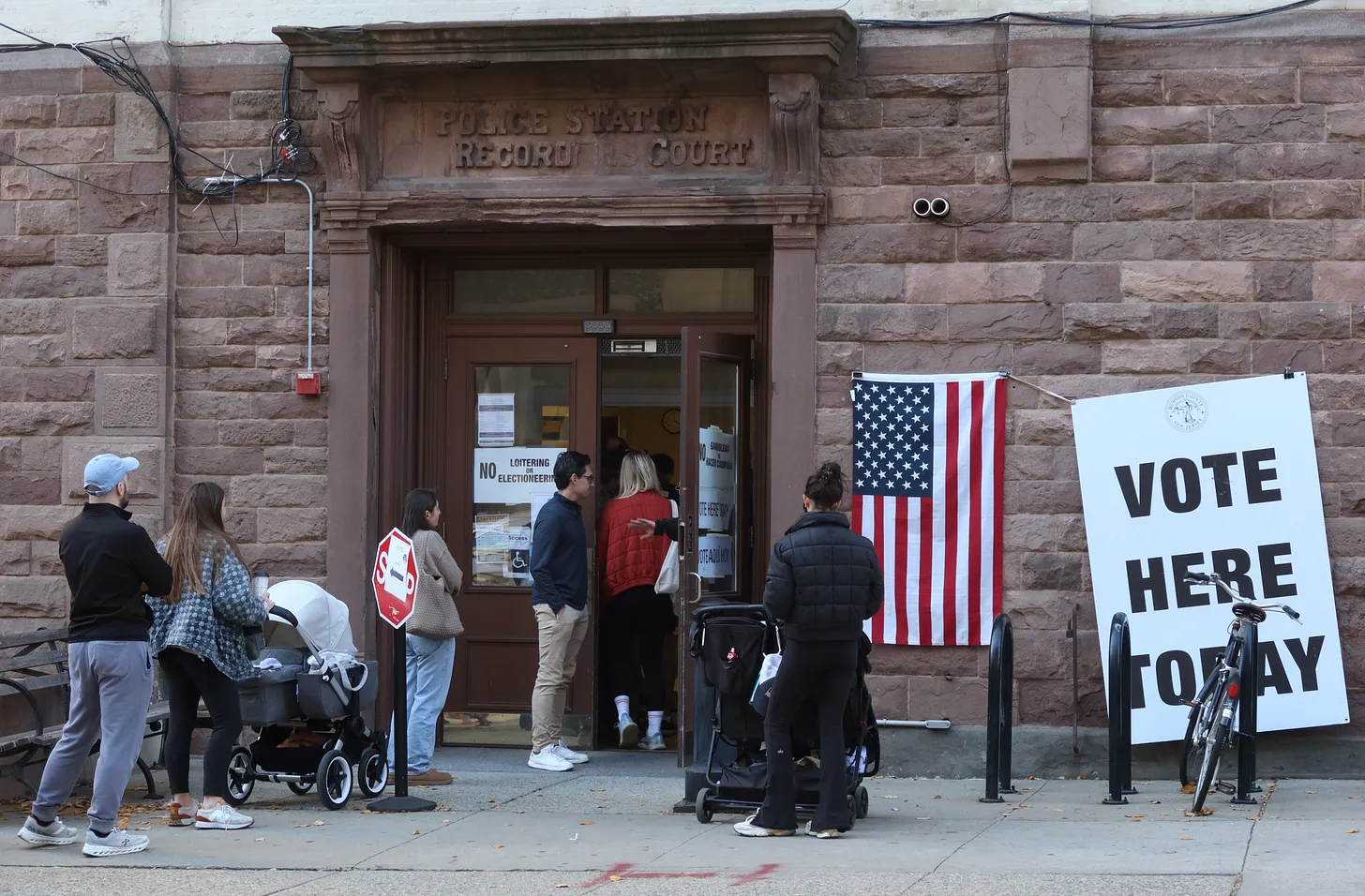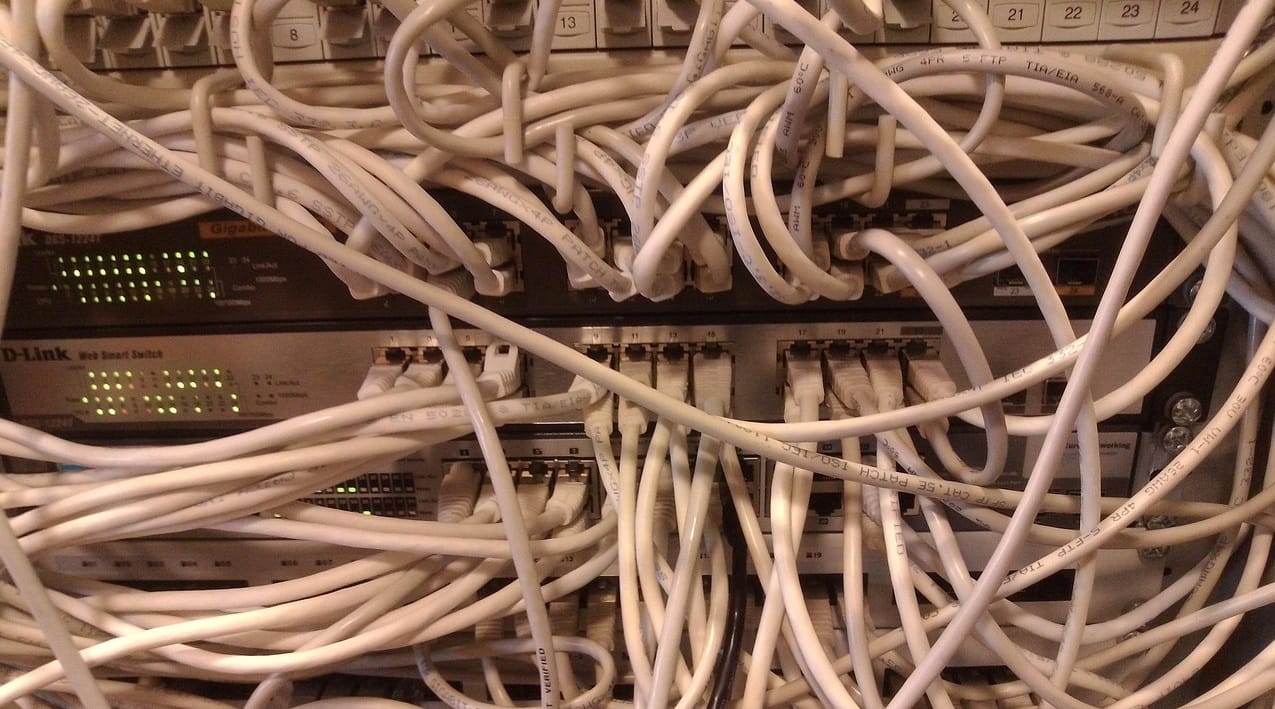- What undecided voters say they are concerned about, vs. reality;
- Tom Tomorrow on effect and cause, within the Trump administration;
- An OnlySky piece by Michael Carteron about the paradox of modern life;
- Jerry Coyne on Charles Murray’s “God-sized hole”;
- My thoughts about the need for someone to take care of you.

The Bulwark, Jonathan V. Last, 27 Oct 2025: The Lies They Tell Themselves, subtitled “A conversation with voters about The Real Issues.”
The writer participates in some sort of focus group surveying undecided voters in New Jersey, and concludes:
Some large portion of voters do not appear to understand elementary, objective aspects of reality.
So let’s talk about three of the recurring themes I heard from undecided voters in Jersey.
First: complaints about the “cost of living,” how everything is so expensive. Writer replies:
• Cost of living is tied to quality of life and services.
• Cost of living in New Jersey relative to other states is basically unchanged.
(Attendant with this theme are the ideas that for conservatives, always always, taxes are too high and should be lowered, and, more needs to be spent on the military and border security. Always.)
He compares Arkansas (or Alabama) with more expensive states.
I’m sure Arkansas has its charms. But life is about tradeoffs. If you want Alabama’s cost of living, you should move to Alabama. On the other hand, if you want the best public schools in the country, easy access to two major cities and all the jobs they provide, Broadway, the Met, and the best hospital system in the country then you are going to pay for it. That’s life.
That has always been life.
Well, it’s probably more complicated than that. But New Jersey’s cost of living has not actually changed that much.
That’s a slow creep upward that is totally in line with the rest of the country. There is no dramatic change.
How do people not understand this? It’s basic economics. And if the answer is, “They’re normal people and they have jobs and lives and they can’t pay attention to this stuff” then my response is: You and I are normal people, too. We have jobs and lives, too. If we can understand reality, then they should be able to as well.
This resembles my go-to explanation for why “ordinary” people don’t understand the complexities of modern life: they don’t need to. They have enough to take care of just getting along with their day-to-day life. The problem comes when they apply their simplified understandings of, say, the economy, to decide who to vote for.
The writer’s second topic is about the cost of electricity, and how most people don’t realize that’s due to the “the proliferation of AI data centers.” Again, not to disagree, but I think AI data centers are way off the radar of people who vote Republican.
Which brings us to the third delusion: There were two Trump-voting participants in the focus groups who said that things are going great for America, except that there isn’t enough “unity.”
The writer responds:
Donald Trump campaigned against unity. His entire 2024 run was about “retribution”—his word. His explicit promise was to wage war against the “vermin” and “enemy within” who are “poisoning the blood.” He promised prosecutions and mass deportations. He has said, many times, how much he “hates” half of America.
The writer ends (this part is below the paywall) with three possible explanations. Those voters didn’t realize all that stuff; they didn’t understand it; or they did understand it and don’t like that some people are objecting to it.
\\\
Daily Kos, This Modern World, Tom Tomorrow, 20 Oct 2025: Cartoon: Effect and cause
I’ll “quote” the first quarter panel. The rest is at the link.
The only thing missing from this theme is that, in most of these cases, Trump and his team are managing to make a profit, which may be their true motivation.
\\\
A major idea here, which on any other day I might have led with. As I’ve been saying.

OnlySky, Michael Carteron, 27 Oct 2025: Disconnected while connected: The paradox of modern life, subtitled “Rather than broadening our horizons, technology is encouraging us to retreat into our own echo chambers.”
Life has become bigger than past generations could ever have imagined.
For most of the hundreds of thousands of years that humanity has existed on this planet, we lived in small hunter-gatherer bands of as few as fifty or a hundred people. Even if we only consider the comparatively short period since the invention of agriculture and the beginnings of written history, most people lived in small rural towns and villages. Not only would you know everyone around you, most of them were your relatives to different degrees.
This can seem hard to believe considering the way we live now. If you, like me, live in a city with over a million people, these older ways of life seem impossibly primitive and distant. Even for those who still live in rural towns, the world has far more people, and is far more interconnected, than ever before. Distant events and worldwide news are as present and accessible as your neighbors down the road.
Once again: we live in a modern world unlike the ancestral world in which our minds evolved. The writer discusses the discomfort of many people with our modern world, and how
they seek out groups of people that are most like them, ones that flatter their preconceptions and confirm all the beliefs they already hold. That isn’t necessarily bad by itself, but it can easily take on destructive forms.
For many people like this, the comfort of in-group membership can flip into distrust, suspicion, even hatred for people whom they perceive as different from them. Whether it’s white supremacists, religious fundamentalists, or more loosely defined bigotries, the pattern is the same: whatever problems they face, they blame on shadowy outsiders who hate their way of life and all that they stand for. This process of demonization feeds on itself, and sometimes it can result in self-radicalized extremists committing violence.
Eventually the writer asks: “What might the solution be? Does one even exist?”
Not censorship. Maybe we just have to adopt to this new technology. Already, some people are stepping away from social media.
\\\
Another major theme, which however I’m not going to drill too far down into.

Jerry Coyne, Why Evolution Is True, 27 Oct 2025: Charles Murray finds God, loses rationality, gets criticized by Steven Pinker and Michael Shermer
About two weeks ago I called attention to a new book by Charles Murray, a political scientist at the American Enterprise Institute, famous (or infamous) for his book coauthored with Richard Herrnstein, The Bell Curve (1994). Murray apparently had long neglected the god-shaped hole in his being, but eventually found God (implying the Christian God), and wrote a book about his conversion to belief, Taking Religion Seriously…
Another pseudo-intellectual claiming to have filled the “God-sized hole” in his life. Coyne goes into the details, which are familiar and which I will not recount, except that his key point involves something called “terminal lucidity.” There’s a response from Steven Pinker.
\\\
At some point in your life, you’ve reached conclusions and don’t need to keep defending them, and you dismiss the never-ending blather on the other side, and reach some meta-conclusions.
Mine: Yes there is in some sense a “god-sized hole” in many people. But it’s a need to want someone, or something, to be there to take care of you. The religious, and the Trumpers, just want to be taken care of. To not have to think. To live with some kind of certainty.






